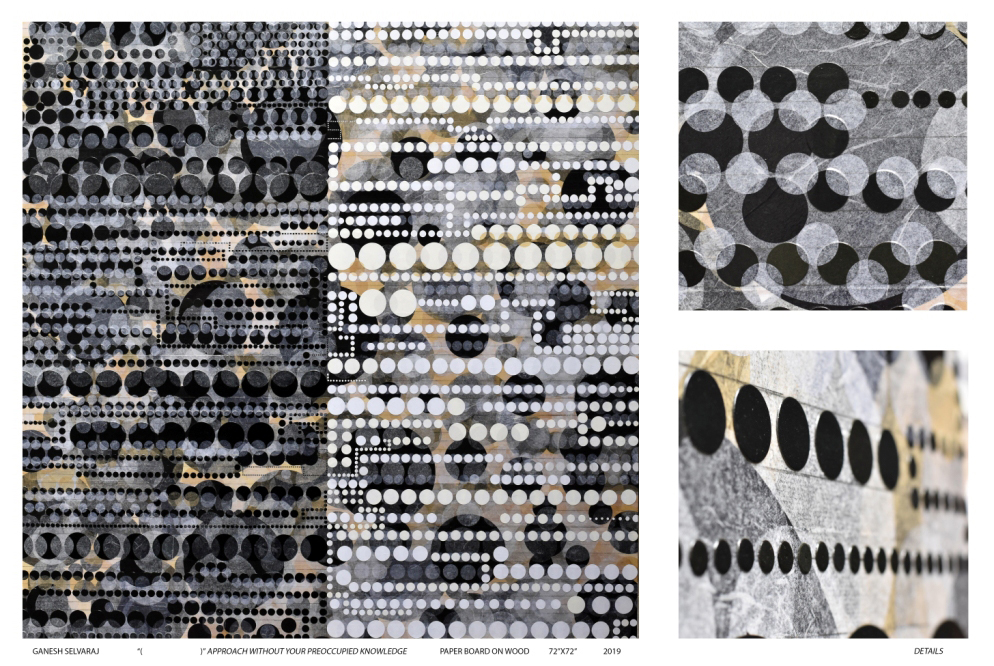
My enquiry is what exactly do we see without that knowledge? Are we practicing to see everything through our instincts/sense? Do we really need an interpretation for what we see?
Chennai-based artist Ganesh Selvaraj takes us through his reflections of existence and awareness through his work in abstraction. He talks about the process of questioning one’s preconceived knowledge in his upcoming work in a conversation with Sonalee Tomar.
Take us to the beginning of your story. How did your tryst with art begin?
I was an average student in school, but always more interested in drawing and painting. My brother told me about Fine Art college and wanted me to join this course. I got admission in the Government College of Arts and Craft, University of Madras and thus began my journey.
You’ve come a long way since your first show, what were some of the pivotal moments?
Shortly after my college days, I started my career in a small room in my home. A year later, I joined Lalit Kala Akademi and started working in the common studio. My artwork was awarded by the Government of Tamil Nadu in 1998 for the first time. And then the 2000 International Asia Pacific Award was presented in Seoul, South Korea. In 2004, the Charles Wallace India Trust Award was awarded to me. Following which I received a non-toxic printmaking (water based etching and water based serigraphy) training for four months at the Edinburgh printmaking studio in Scotland. This travel was a great learning moment for me.
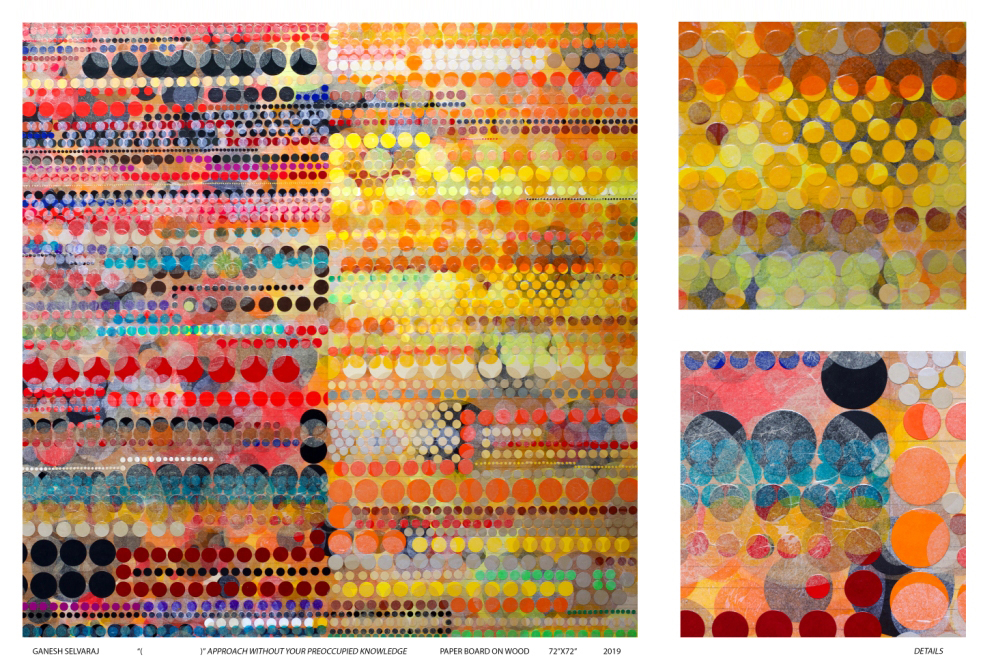
Tell us about the evolution of your practice over the years and your commitment to abstraction.
Everything I do is a reflection of my practice. This practice can sometimes help me move forward. Sometimes I fail. Now I focus more on what kind of practice I am into.
Tell us about your inspirations, frameworks and process.
If an act or a thing triggers a human being, that action/object should be for everyone. But that’s not the case. When one is attentive (aware), all the work of evocation will take place. I am a collective process of inspiration and not based on any specific event or product.
What is the primary role of an artist? How do you describe yourself in the context of challenging people’s perspectives via your work and art?
The need and role of an artist is just as important as the needs of the average man. Depending on these needs, the contribution to their social progress can be decided.
How do you balance life and art?
Art and life are not two different things. Sometimes my life is revamped through art. It’s not just about paintings, sculptures, etc. Any other work will have the same approach by the artist.
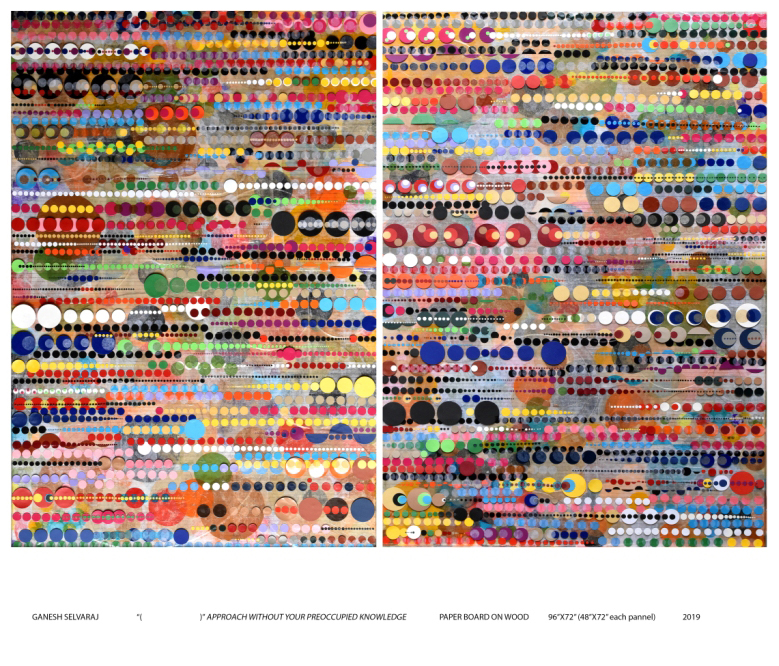
How do you deal with the conceptual difficulty and uncertainty of creating a new show?
My present works are titled “——————“(approach without your preoccupied knowledge)
Do we really need visual images to be translated or explained into text form? Our living practice is totally dependent on the knowledge fed from external sources such as culture, religion, politics, etc. We approach everything in our way of living with our gained knowledge. For example, when we see an object or anything for that matter, our knowledge tells us what it is, like trees, clouds, rain, etc. We have blocked our instincts/senses so much that we have totally forgotten to use our senses or to react to our senses, but instead, we start questioning what we see or how our senses are reacting.
My enquiry is what exactly do we see without that knowledge? Are we practicing to see everything through our instincts/sense? Do we really need an interpretation for what we see? Let’s for once try to come out of our preoccupied knowledge and try to feel what we instigate.
How does your audience interact and react to the work you put out into the world?
I can say with certainty that my audience enjoy my artwork. But I cannot explain on what basis they may interpret it.
What are you looking for when you look at other artists’ work? Which shows, performances and experiences have shaped your own creative process? Who are your maestros? Whose journey would you want to read about?
My enquiry is what exactly do we see without that knowledge as I mentioned earlier. Sometimes I think I would like to tap into life at a point where nobody has before. But unfortunately nobody can teach you that.
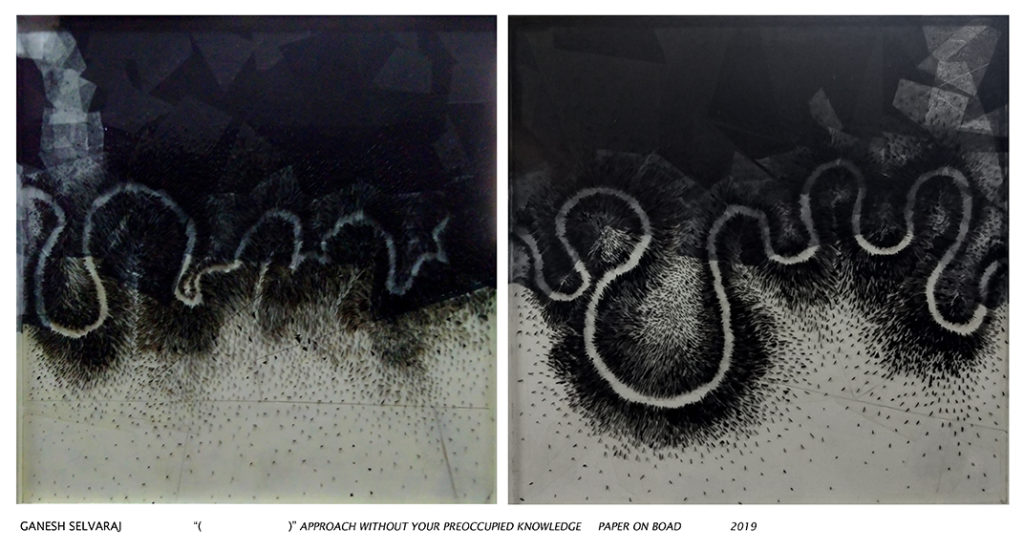
What trends have you observed in the art world? How do you foresee it evolving?
To me, evolution seems to be an illusion in art. Until now, no artist has ever tried to create their own work based on trends. Over time it has been referred to by art critics as a trend or an -ism.

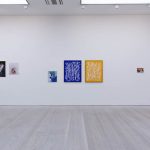
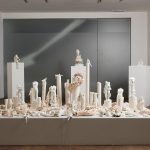
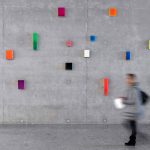
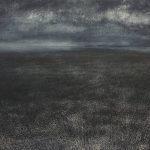
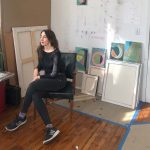
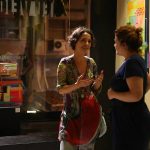

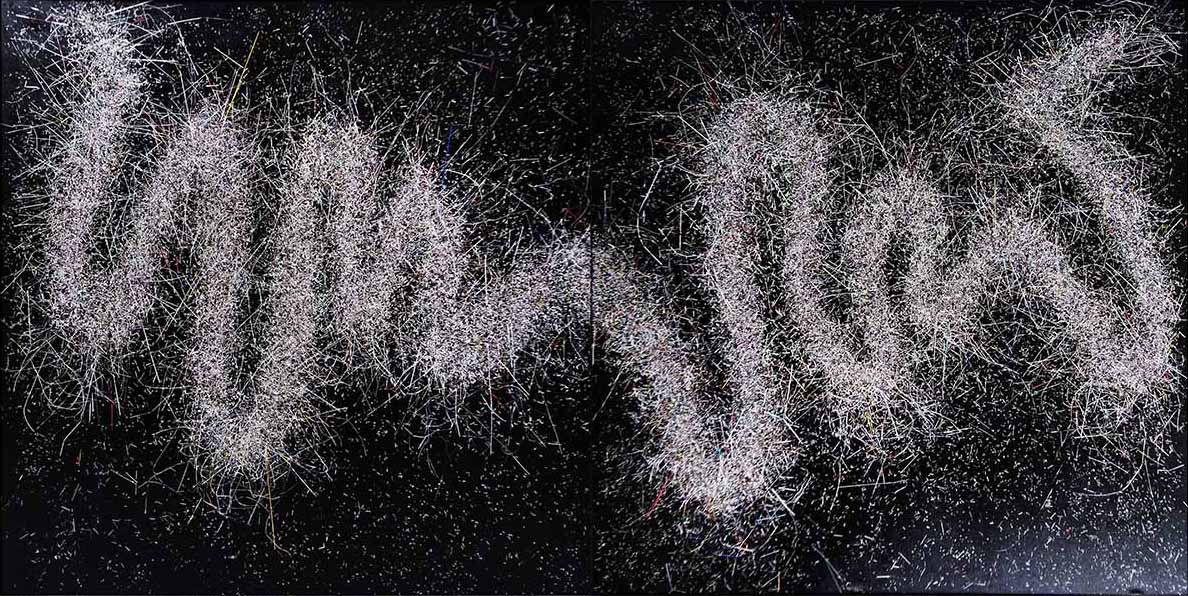
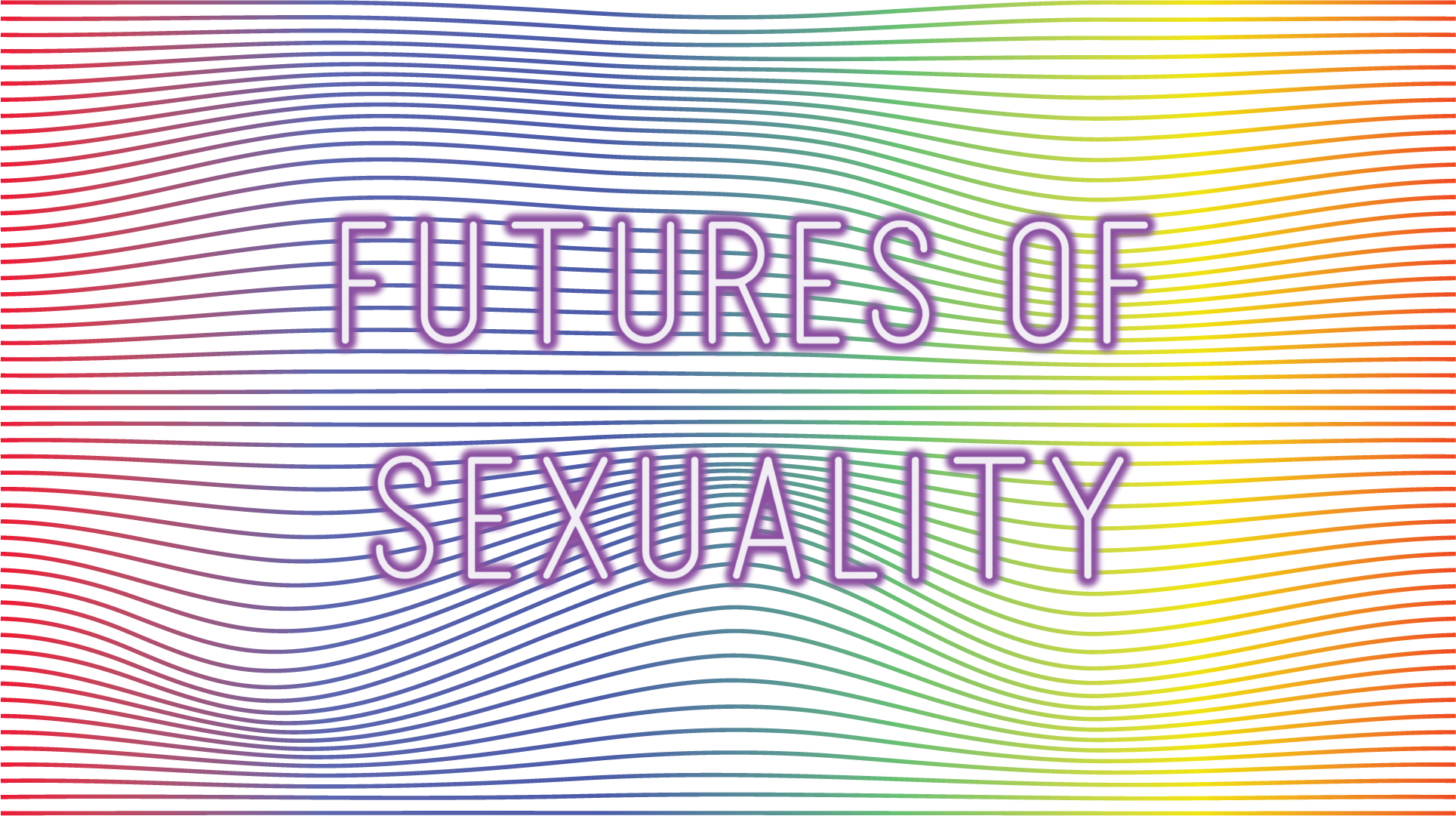
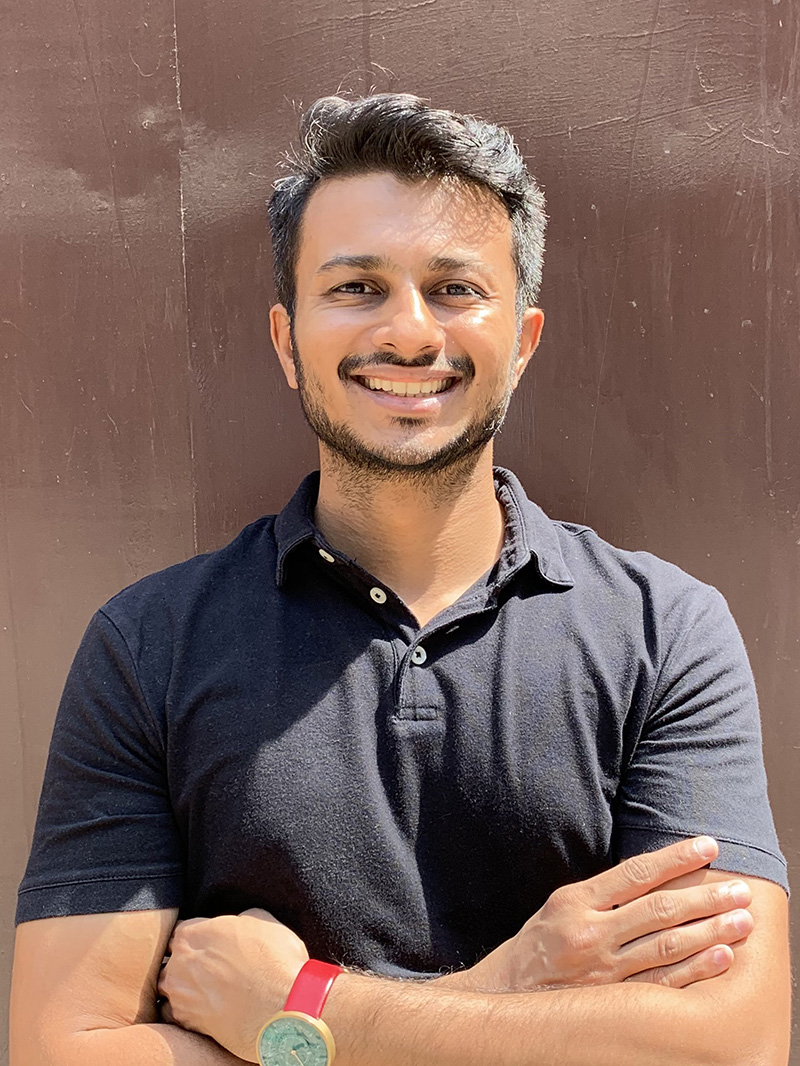

Add Comment